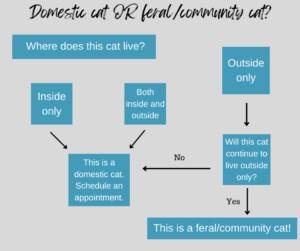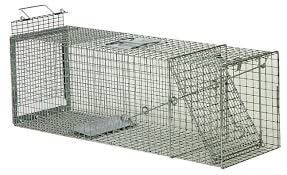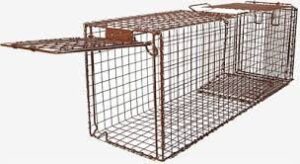This program is for OUTSIDE only cats. If a cat lives in your house, even part-time or comes in/out, that cat is your pet and not eligible for this program. If you found this cat outside but are bringing the cat inside, either before or after surgery, or are adopting/rehoming the cat, this cat is not eligible for this program. This program is ONLY for outdoor cats that will be returning outdoors. The ONLY exception to this policy is if your domestic cat absolutely cannot be handled, even if they are indoors. If a cat cannot be handled; the live, humane trap allows them to be safely sedated through the trap and must be brought in as a feral/community cat. Domestic cat appointments cannot be used for feral/community cats or cats brought in traps.
Details on feral/community cats and TNR in the FAQ section below.




